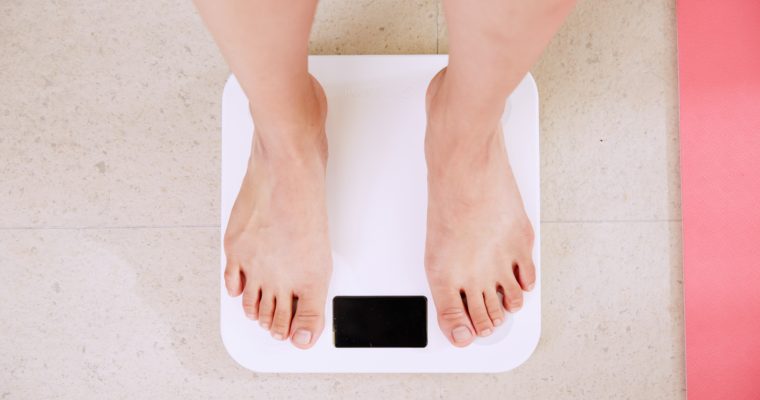If you’re like most people, a new year means a new resolution. You may want to tackle a bunch of things on a list, or have one main goal for the new year. But no matter the health challenge, a healthy new year’s resolution may be difficult to achieve for a number of reasons. Losing or maintaining weight is hard enough. Doing it on a timeline, is harder.
Let’s get started on your healthy resolution.
Though it can be a difficult lifestyle change, losing weight does not have to be a stressful, dull time in your life. Here are some tips for those who want to lose weight, get healthy and stay motivated throughout the process.
The motivation behind your goals.
Many times, the only thing missing from wanting to lose weight is the motivation you need to back it up. If you have no motivation to start eating healthier, you are going to continue to reach for things you shouldn’t, which may cause you to gain weight.
For those who are severely overweight or obese, understand that your weight plays a factor in more than just a low physical fitness level. There are conditions that can arise like Metabolic Syndrome and diabetes that you can actually avoid all together. Genetic conditions and diseases should also be something that factors into your motivation.
In an article entitled, Natural Metabolic Weight Loss by Richard Walker, MD, he explains, “Here are some other things which add to the metabolic mess. As we age, we produce less DHEA, which is known to precede the slowing of the thyroid gland. The thyroid gland controls the rate of metabolism meaning that here’s another trigger for even more fat storage. Our sex hormones also begin to decline starting at about the age of 35 for both men and women. Declining estrogens and testosterone contribute to the storage of fat in cells by reducing the type and amount of enzymes required for fat to burn. We begin to notice when we no longer loose the fat as easy as when we were younger.” Make a decision to better yourself today!
Set realistic goals.
Setting a goal such as losing 50 pounds in 30 days is pretty much setting yourself up for failure. There is no rule that says you cannot have both short term and long term goals. It’s very easy to start the New Year off by telling yourself you are going to lose a large amount of weight in a specific time period. But you may want to give yourself more time than you originally thought. Try to set a long term goal like, “I want to lose 20lbs. in 6 months.” Then you can have short term goals in between. Here are some ideas –
- Walk for 10 minutes during your lunch break every day.
- Eat at least one fruit and/or vegetable with every meal.
- Drink at least eight glasses of water every day.
Technology can help!
Fitness technology has become one of the leading methods for monitoring weight loss, heart rate, and exercise.
Wearable technology like Vivofit and Vivosmart watches help to monitor your progress 24/7, with features like pedometers, and heart rate and sleep monitors. Bluetooth-enabled scales provide you important metrics to track your progress and see results. They can also measure your body mass index, body fat/water percentage by connecting with your device and syncing wirelessly.
You may also want to turn your regular kitchen into a healthy home! Air fryer’s can fry, grill, bake or roast all of your favorite foods with no oil, and 80% less fat than traditional frying. Food steamers can help you prepare a variety of foods, only using steam and not heavy oils. Blenders can help breakdown fruits, vegetables, herbs and spices to make delicious, nutrient-filled juices and smoothies for you and your family.
Get moving!
This is a part of the weight loss process that is probably the most difficult – exercising. The main excuse you’ve used if you tried to lose weight time and time again is that you just don’t have enough time. But start to make short term exercising goals – walk 10 minutes a day, start taking the stairs, make sure you are not sitting for the majority of your day. “Physical movement makes you feel better and boosts your confidence,” says Charles Platkin, PhD, MPH, Distinguished Lecturer at Hunter College and City University of New York School of Public Health. “Workouts increase the chances of reaching your weight loss goals and decrease the chances of slipping up.” These are small things you can do to keep yourself moving. Always remember: though small, any healthy changes and decisions you make now, are better than what you were doing yesterday.
There are other ways to keep the up with your New Year’s Resolution to lose weight – from finding a friend with the same goals as you for some moral support to reading every nutrition label you can get your hands on. But motivation is key! Keep moving and make small changes. By the time you realize it, you will have completed your goal. Have a happy new year!
Interested in speaking with a certified nutritionist to get your health goals and resolutions on track this year? Leave a comment below to get started!






